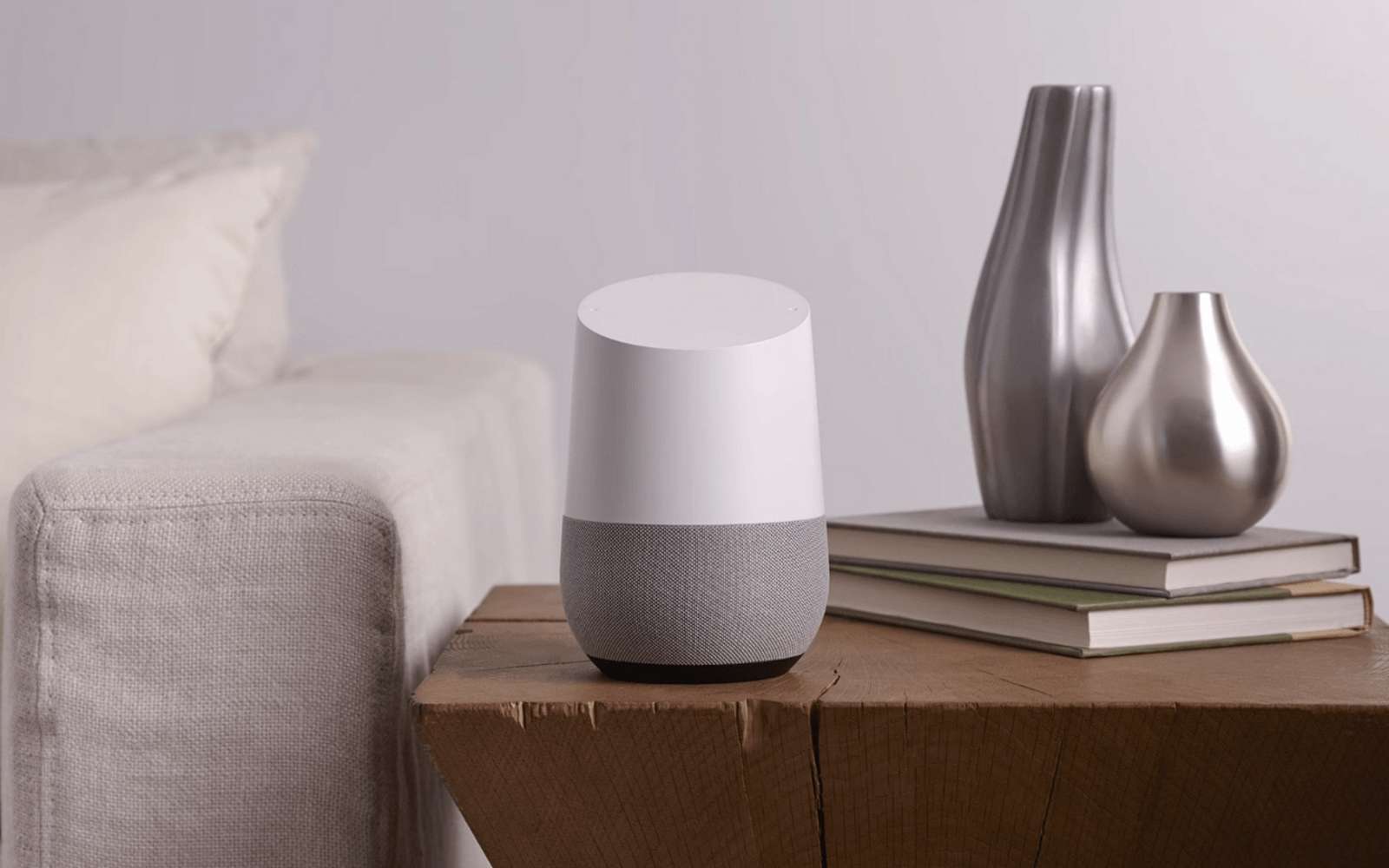Practical or futile, connected accessories abound. If Alexa and Google are deemed prying, they are far from alone, as evidenced by an application that spies on these connected spies.
just a few years ago, so-called smart speakers like Google Home and Amazon’s Echo hosted by Alexa came to the door. Attached to the network, they open their ears to listen to the voice commands of their owners and execute them.
To answer questions and improve the orders, the collected listening data inevitably pass to the servers of the giants of the Internet. They are straightforward to use, but it is still challenging to know what these indiscreet ears collect and transmit as information.

To answer this question, researchers at Princeton University in the United States have created an application which makes it possible to spy on these spies in power.
Called IoT Inspector, the open source application allows you to monitor the operation of all connected objects, not just relevant speakers, but all accessories that transmit personal data to remote servers.
On their blog, the researchers gave edifying examples of the small maneuvers that softly realize connected accessories. We learn that a connected bulb transmits data in China to an external URL. Similarly, it appears that Google Chromecast, even when not activated, will seek to maintain a direct link with its servers.
An application that spies on spies and spies on you
The app is currently only available for macOS and only works with browsers Firefox and Google Chrome. It can track up to 50 connected accessories. It is effortless to use as Futura could see. A version for Windows and Linux should also be made.
The height of this application is that the data connected accessories that it intercepts are transmitted to researchers. It must be said that they need these elements to feed their research databases. They should be shared with other laboratories.